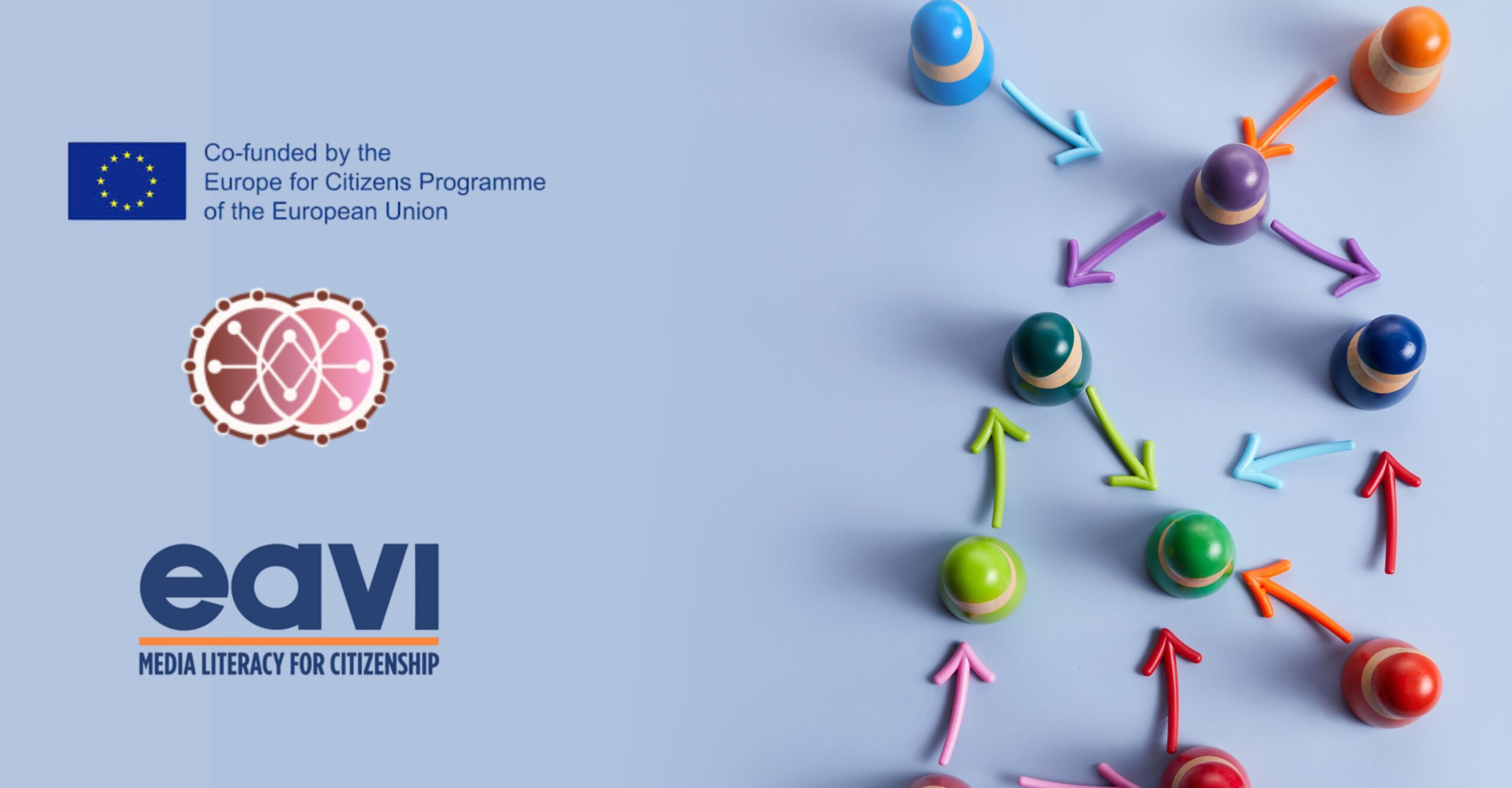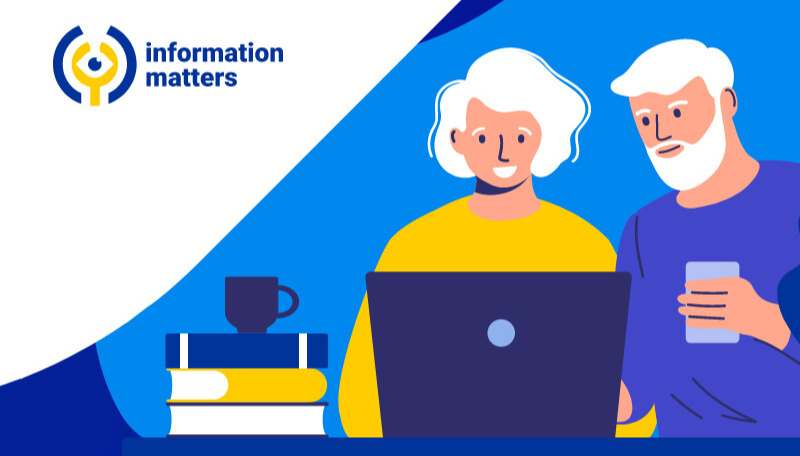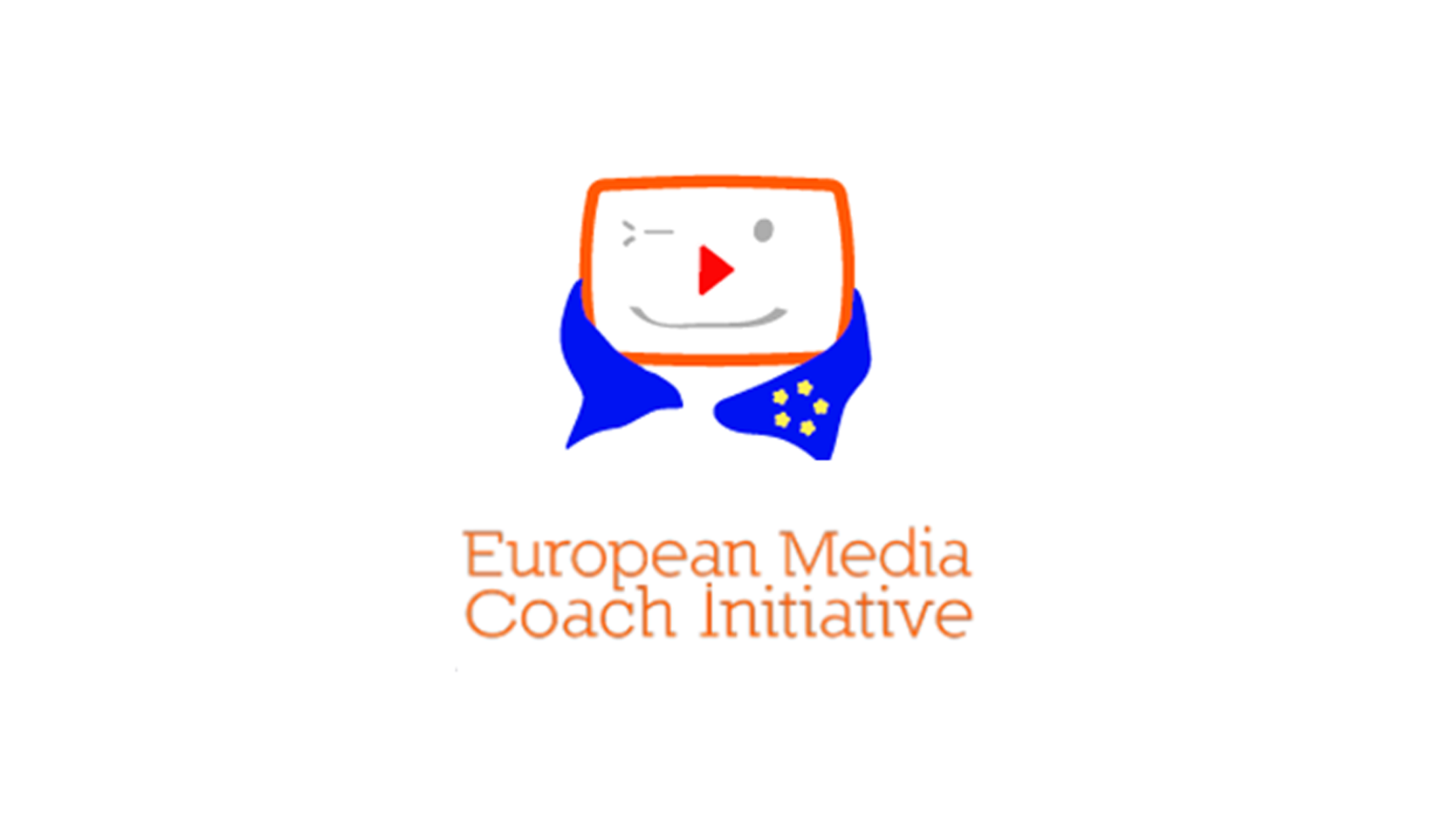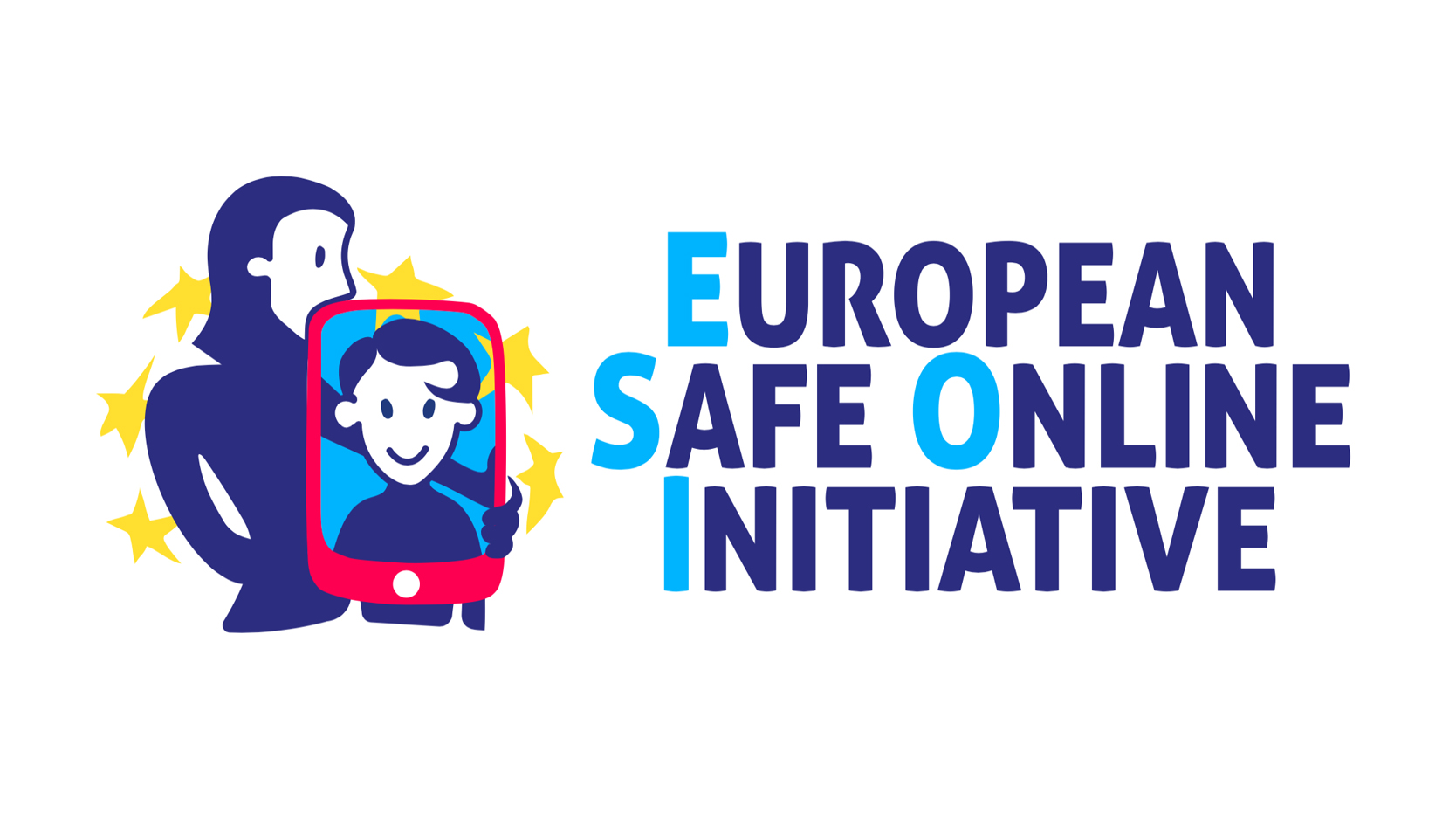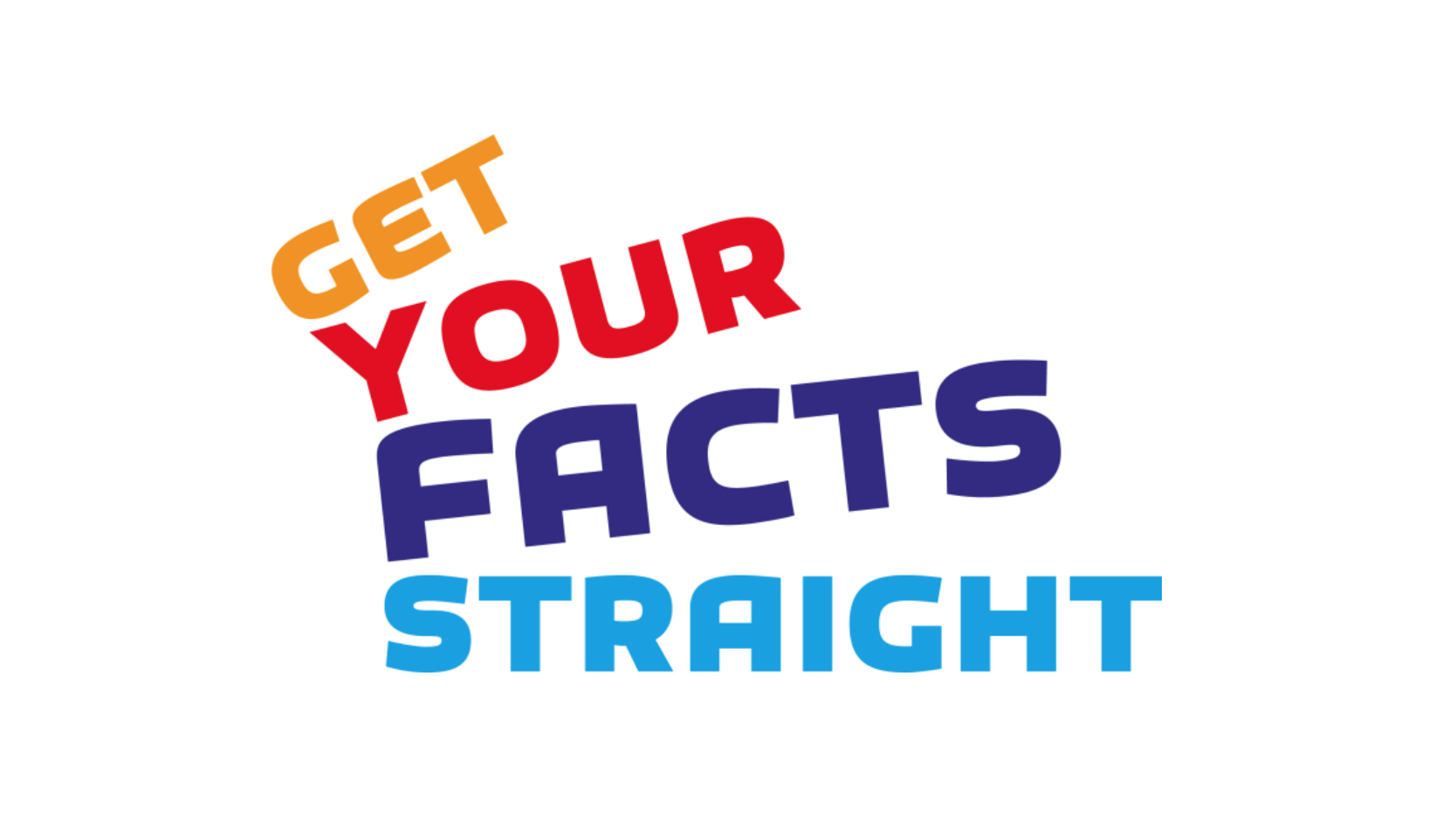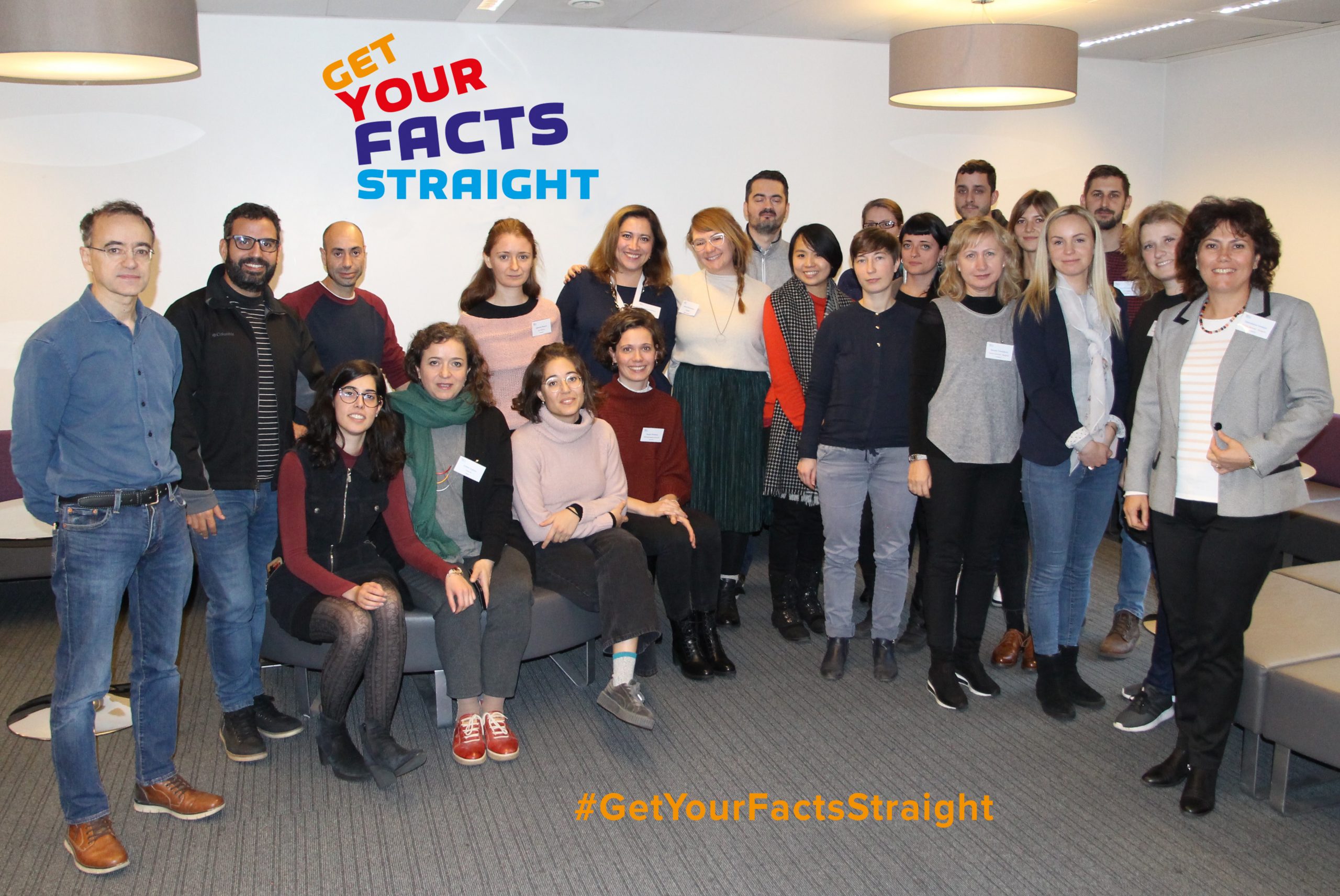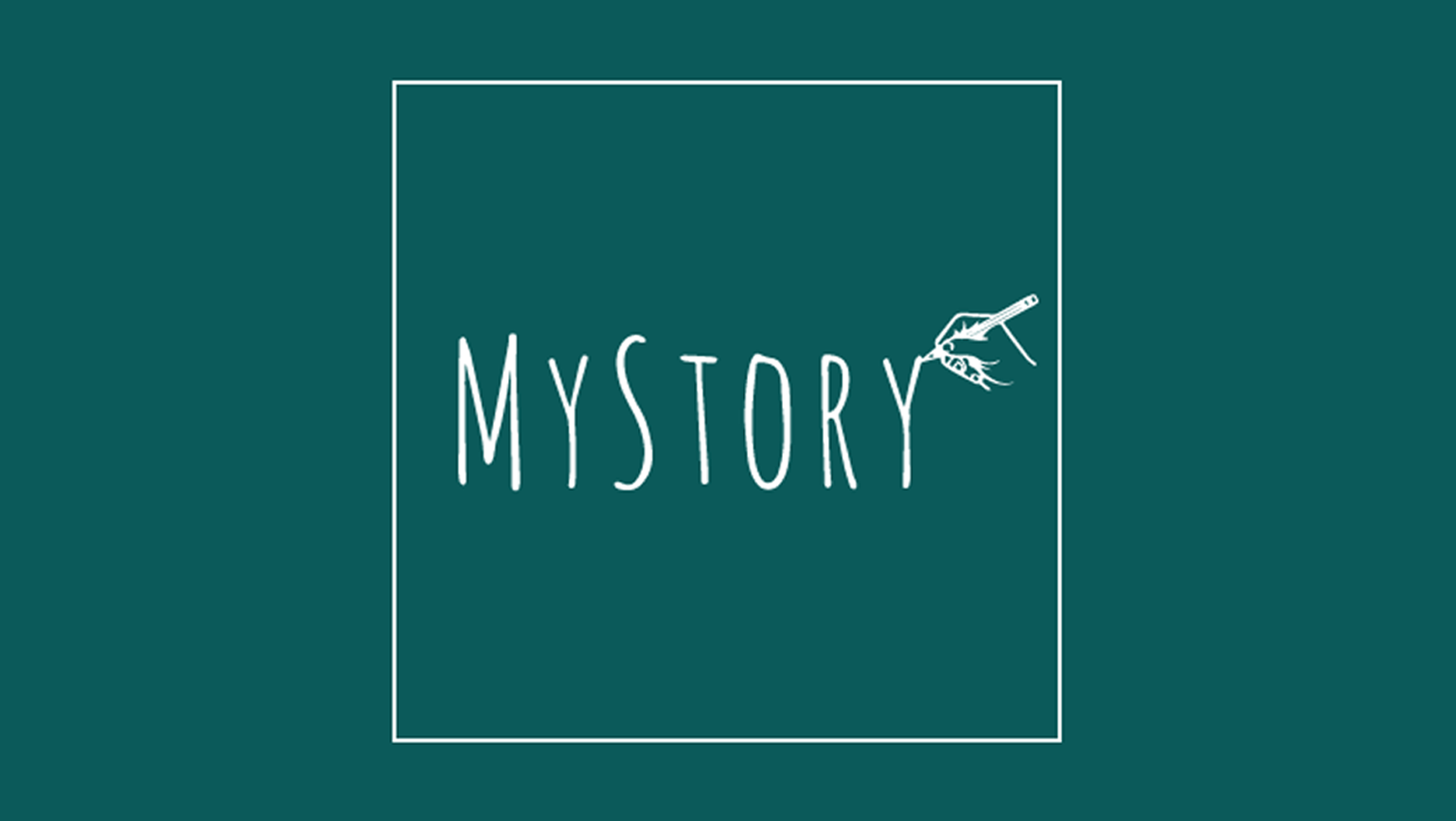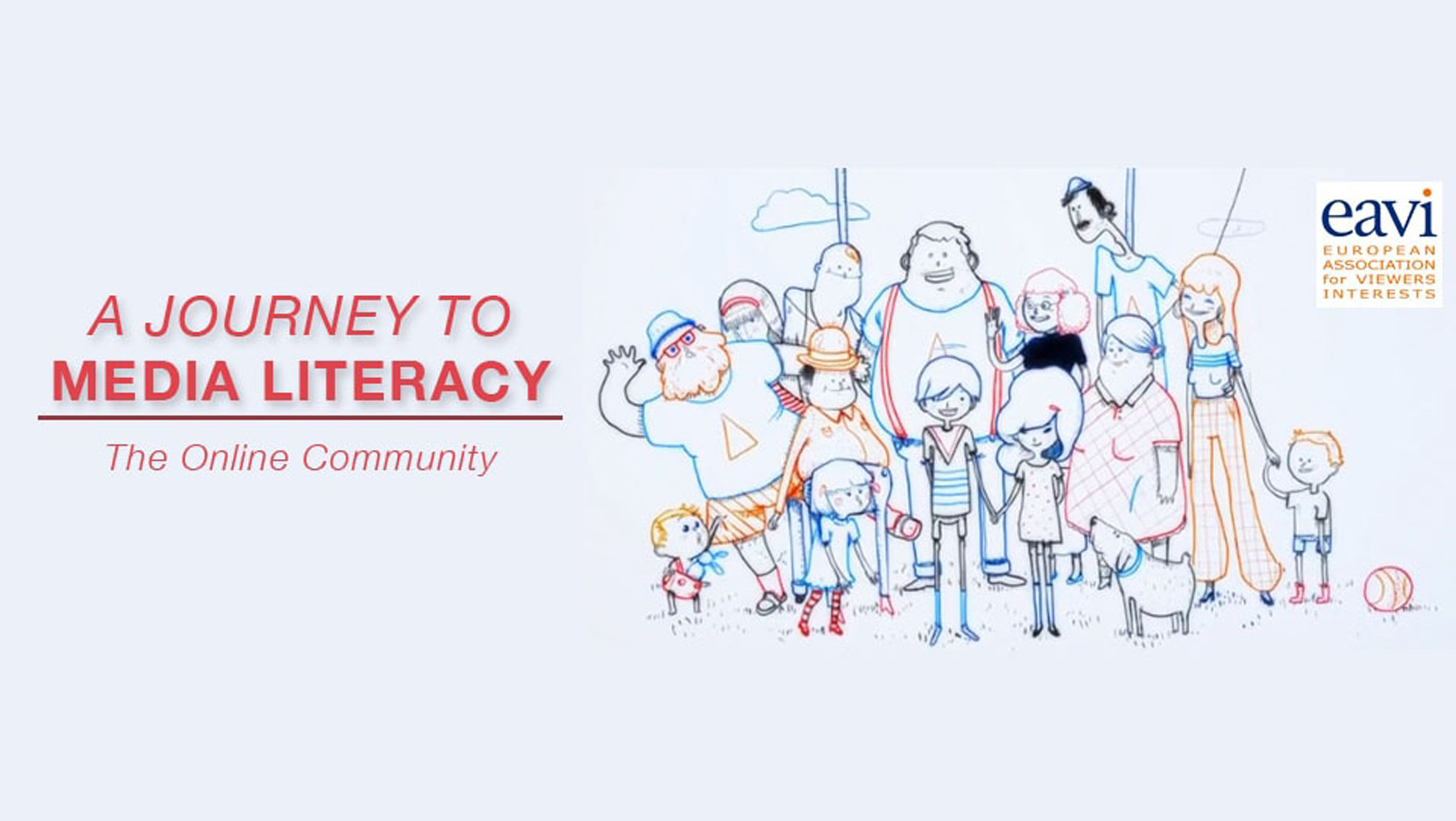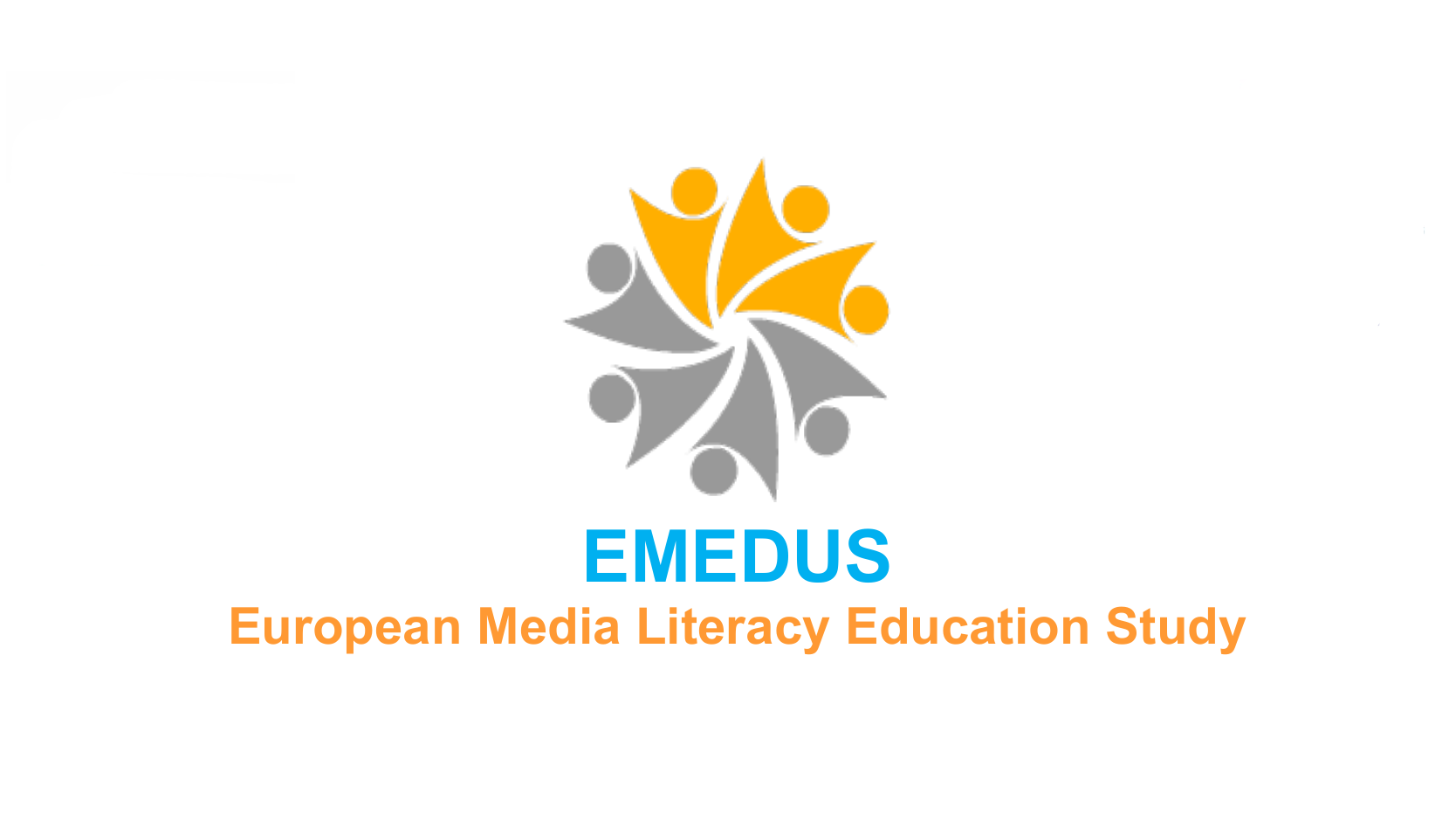Some Projects & Initiatives
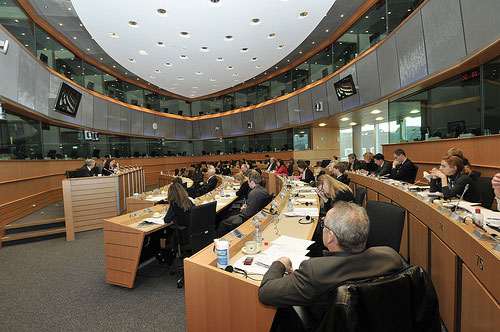
As part of its objective to promote media literacy, EAVI is constantly developing and implementing projects and initiatives.
EAVI projects focus on areas including full and active citizenship, democracy, social responsibility, media literacy and education.
To this end, EAVI has:
- Created the cartoon series, “A Journey to Media Literacy”
- Organised EAVI BarCamp looking at media use for young people
- Produced Cinelmotion TV programmes in Latin America
- Launched a signature campaign to introduce media literacy in schools
- Met with MEPs to advance media literacy in the EU agenda
Public Consultations
EAVI regularly contributes to Public Consultations relating to the many areas relating to media literacy.
It collates valuable insights and recommendations for future media and citizenship-related policies.
Teachers 4.0 aims to equip teachers with the necessary digital media literacy skills to navigate online and tackle disinformation. It offers large-scale capacity-building activities for initial training and continuous professional development.
WHAT-IF project develops a digital twin of the digital political information environment to test the effects of interventions, fostering healthier democratic discourse.
The main purpose of Project e-EngAGEd (Intergenerational Digital Engagement), funded by the European Commission, is to improve critical thinking and media literacy in general by training young people to facilitate transfer of knowledge to older adults.
The IM project is focused on developing and piloting learning materials for elderly people and training programmes for adult education staff, with a focus on digital and media literacy, in response to the implications created by the global infodemic, misinformation and fake news.
SIDE aims to build tools for young people interested in arts and culture. It focuses on speeding up the digital transformation of the cultural sector using digital methods to create, manage, disseminate, access and consume creative products, cultural goods and events. The SIDE Project intends to equip participants with educational content, instruments and skills needed to develop creative and innovative solutions.
The main focus of the European Media Coach Initiative (EMCI) is the improvement of media literacy levels among young people through the development of a large pool of media literate professionals working with young people in schools, youth centers and in non-formal contexts like libraries and museums.
European Safe Online Initiative expands on the Flemish Safe Online Initiative by applying the concept to the larger context of the European Union and, more specifically, by representatives from five EU countries: Belgium, Bulgaria, Cyprus, Greece and Romania.
EAVI participates in a variety of pan-European projects and we are part of the “Get Your Facts Straight!” Project, coordinated by ALL DIGITAL.
EAVI’s Europe for Citizens funded project aims to create a counter-narrative to the mainstream media’s often negative representation of migrants and refugees in Europe.
EAVI’s video series “A Journey to Media Literacy” is a short cartoon, designed to explain what media literacy is in a fun and simple way.
The EMEDUS Project was the first of its kind in Europe. EMEDUS is an innovative approach to establish correlations between media education through lifelong learning and media literacy levels. EAVI delivered findings at a comparative level on lifelong media literacy education across Europe.
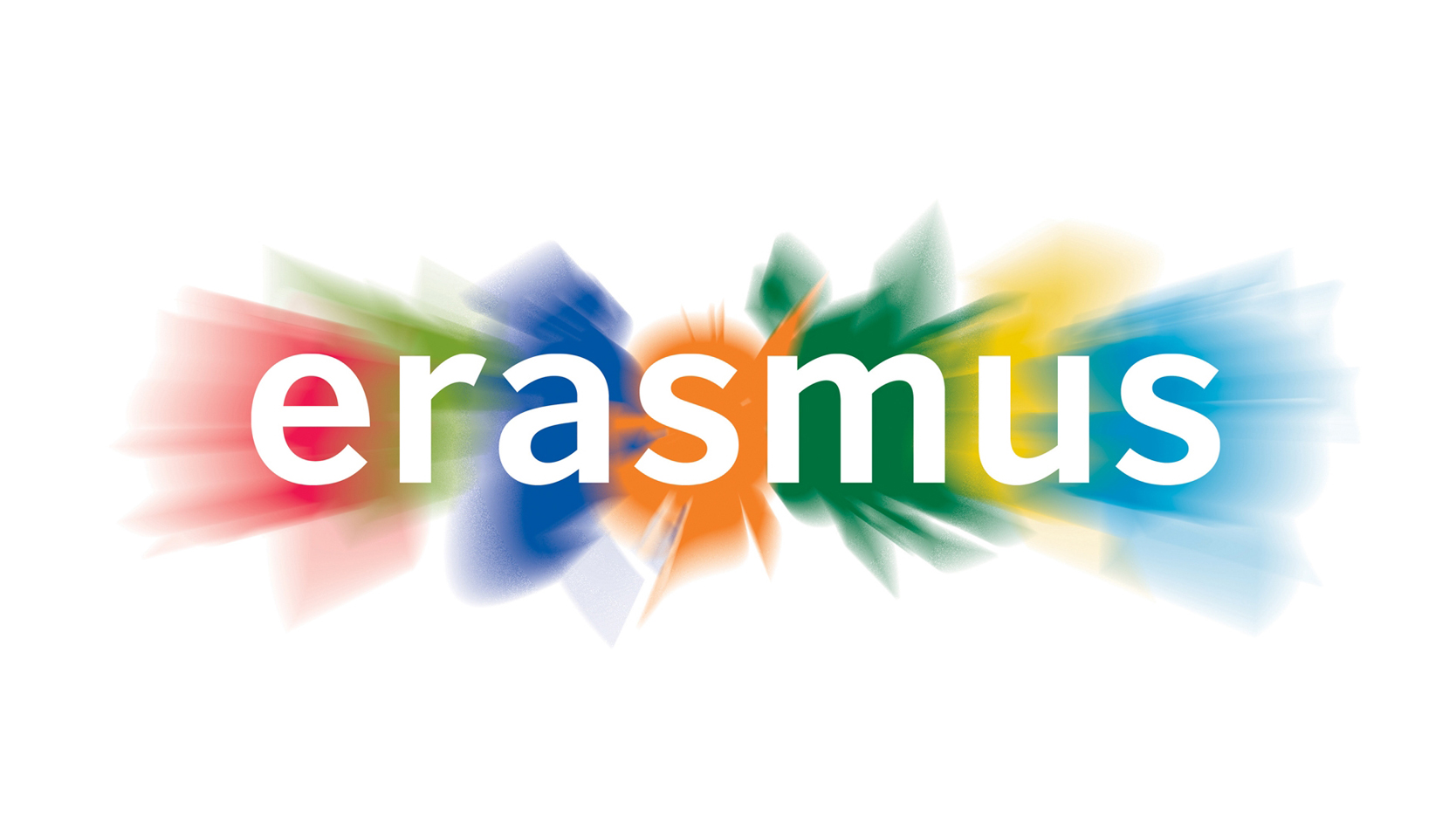
ERASMUS Programme Key Action 2
EAVI’s contribution to the Consultation was to express our concern about the absence of media literacy and related concepts within the framework of the consultation.
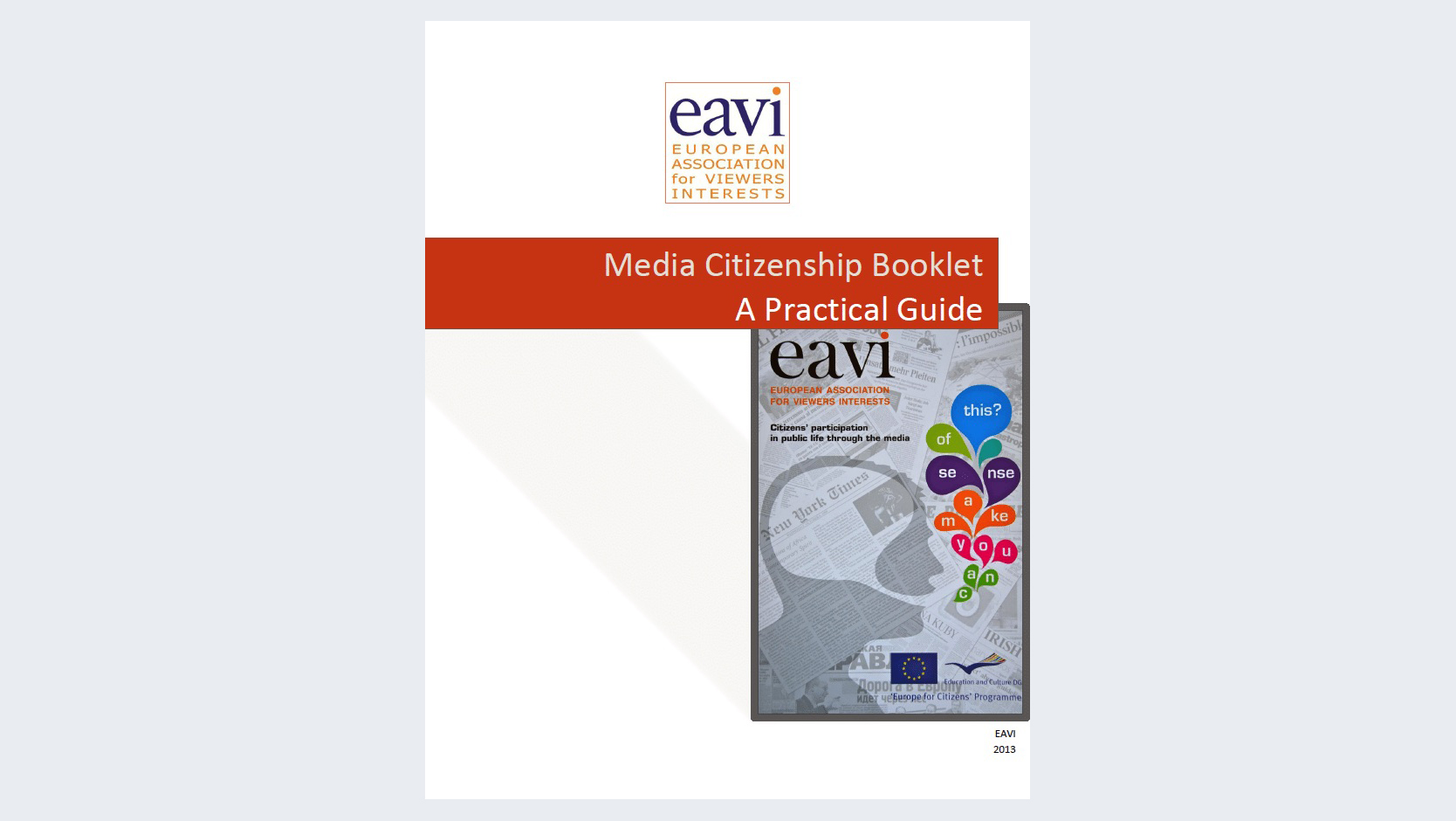
EAVI’s Media Citizenship Booklet
A Practical Guide, aims to provide practical advice on selected forms of media and their applications. The Guide also offers tools for reflection. It is aimed at parents and children, focusing on critical thinking, participation and the technical skills required to benefit fully from the safe use of media.
The Guide was produced with the support of the European Commission initiative, “Europe for Citizens”.
SIDE aims to build tools for young people interested in arts and culture. It focuses on speeding up the digital transformation of the cultural sector using digital methods to create, manage, disseminate, access and consume creative products, cultural goods and events. The SIDE Project intends to equip participants with educational content, instruments and skills needed to develop creative and innovative solutions.
The main focus of the European Media Coach Initiative (EMCI) is the improvement of media literacy levels among young people through the development of a large pool of media literate professionals working with young people in schools, youth centers and in non-formal contexts like libraries and museums.
European Safe Online Initiative expands on the Flemish Safe Online Initiative by applying the concept to the larger context of the European Union and, more specifically, by representatives from five EU countries: Belgium, Bulgaria, Cyprus, Greece and Romania.
EAVI participates in a variety of pan-European projects and we are part of the “Get Your Facts Straight!” Project, coordinated by ALL DIGITAL.
EAVI’s Europe for Citizens funded project aims to create a counter-narrative to the mainstream media’s often negative representation of migrants and refugees in Europe.
EAVI’s video series “A Journey to Media Literacy” is a short cartoon, designed to explain what media literacy is in a fun and simple way.
The EMEDUS Project was the first of its kind in Europe. EMEDUS is an innovative approach to establish correlations between media education through lifelong learning and media literacy levels. EAVI delivered findings at a comparative level on lifelong media literacy education across Europe.

ERASMUS Programme Key Action 2
EAVI’s contribution to the Consultation was to express our concern about the absence of media literacy and related concepts within the framework of the consultation.

EAVI’s Media Citizenship Booklet
A Practical Guide, aims to provide practical advice on selected forms of media and their applications. The Guide also offers tools for reflection. It is aimed at parents and children, focusing on critical thinking, participation and the technical skills required to benefit fully from the safe use of media.
The Guide was produced with the support of the European Commission initiative, “Europe for Citizens”.


